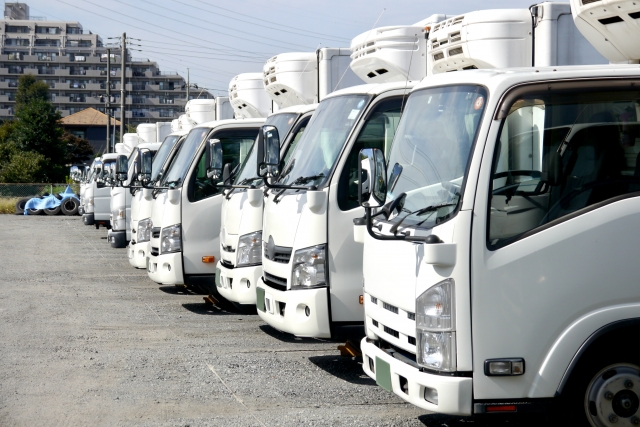Distribution problem

It seems that it has become difficult for a major mail-order company to open a dispensing pharmacy in Japan.
It seems that the courier company that delivers the medicine refused to deliver it on the same day.
This is not only a shortage of doctors and nurses, but also a shortage of all service industries, especially truck drivers.
This is because of work style reforms.
This work style reform may be correct, but is it realistically possible to maintain social services?
Will businesses survive without bankruptcy?
hospitals and distributors.
With a shortage of workers, salaries will rise, but the number of jobs will decrease.
Inflation makes the pay raises meaningless.
Will there be more time for family get-togethers at home or for travel?
I would like to change my point of view.
In the medical and nursing care industry, due to a labor shortage, referral fees and dispatch expenses have increased, putting pressure on management.
In an industry where temporary staffing has increased, profits are taken by temporary staffing companies.
In addition, skilled workers do not grow in the workplace.
There may be a service industry that consists of manuals and dispatched part-time workers, but medical care is different.
Dispatch business was restricted by law.
Large companies and large factories probably wanted temporary workers in order to reduce the retirement benefits of their employees.
It may have been to facilitate layoffs in times of recession.
But I think it was a mistake in the long run to allow the medical care industry to dispatch.
It is different from factories and supermarkets.
In the medical field, it is not possible to form a team by dispatching staff.
Staff skills are not mastered.
Fifty years ago, in the United States, there was a time when most of the nurses at large hospitals were immigrants from the Philippines and dispatched.
As a result, most hospitals are no longer financially viable.
After that, I hear that the industry as a whole changed, and eventually it was corrected.
Is Japan following the same wrong path?
The civilization and industrialization of the medical and welfare industry poses many problems from the perspective of employee education and the issue of life stability.
The distribution problem of work style reform has a large social impact only on infrastructure.
I don’t even know what the medical welfare industry should be like.
The answer can only be found on the spot.
Today, I fly to an island in the Seto Inland Sea for the first time in several years.
I would like to meet and ask the staff of the facility.
I remembered the intensity of the sunlight in Setouchi.
Pulse oximeter 97/98/97
Body temperature 36.4 Blood sugar 181
Traveling Manager
CEO, Yasunari Koyama
